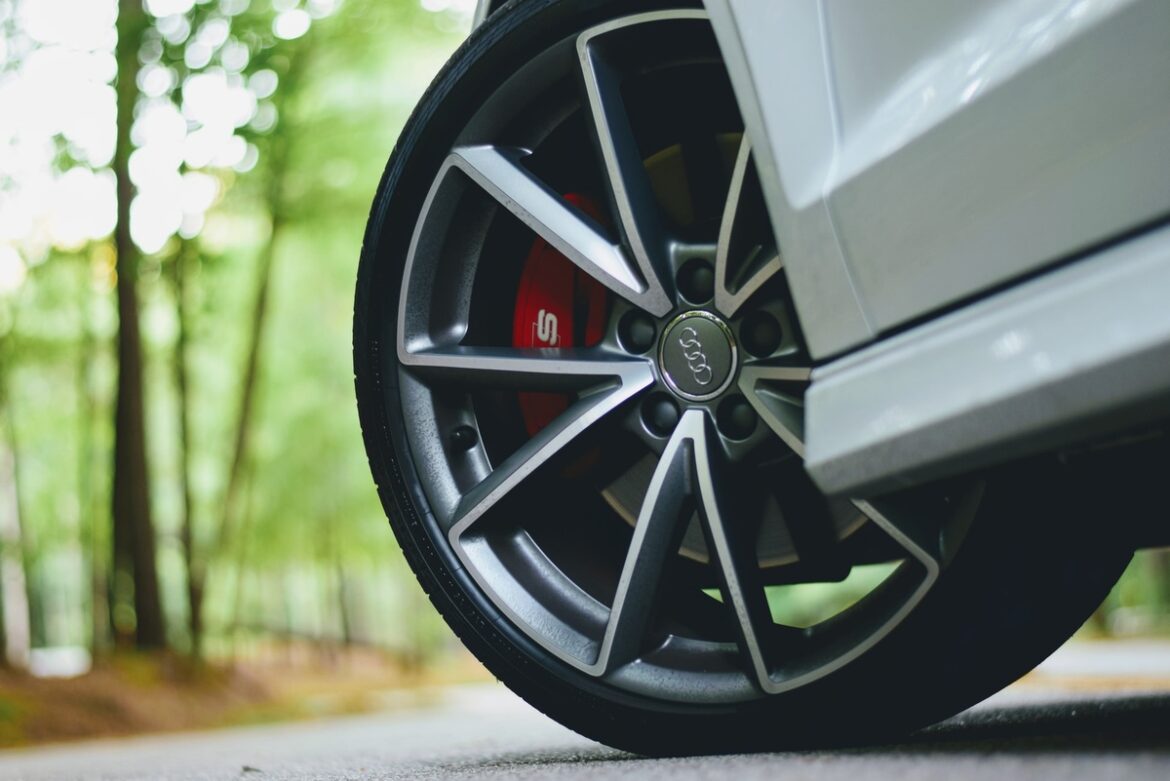Summer tyres, all-season tyres, and all-weather tyres
Given the wide variety of tyres available, it might be simple to become lost in the labyrinth of definitions and suggestions. Winter tyres are for driving in the winter, right? Summer tyres are for driving in the summer. If all-season tyres are excellent for all seasons, as they appear to claim, does this imply that they are also best for snow? Are all-weather and all-season tyres simply different names for the same tyres, and if not, which tyre is preferable and why? All of these queries are frequently asked, just like whether Fortuna Tyres Coventry, work best for AWD or off-roading. The responses to each are more complex than you might anticipate, so let’s take a deeper look.
Let’s clear out a couple definitions first, though:
Summer tyres – what are they?
These tyres, which are also known as performance tyres, are for maximum performance, braking, and traction in the summer. They are the ideal tyres for rain, slick surfaces, and both dry and sunny situations, all of which are prevalent in the summer. The reason summer cheap alloy wheels are thus named and why you shouldn’t use them in the winter is because their average operating temperature range is above 45 degrees Fahrenheit. They are not designed for icy conditions or covered in snow. Additionally, they often have the highest speed ratings of all tyres, a robust rib, and a groove pattern with relatively shallow depths
Performance vehicles can only travel at their full top speeds on these tyres; on other tyre types, their speed may get limited. A top-tier manufacturer like Michelin will come standard with the best summer performance tyres installed on a quick new sports car like a Porsche 911 Turbo. Last but not least, keep in mind that even though summer tyres get marketed as the greatest wet-weather tyres, they offer virtually no grip in snow. Actually, the conditions on the roads are really different.
All-season tyres. What precisely are all-season tyres?
Despite having less traction than summer tyres, they are among the best high-mileage tyres. Hence their name, they should theoretically be able to get you through the entire year if you only encounter light snow conditions. They don’t have the same dry-road traction as summer tyres, but they do have a deep groove pattern that keeps them flexible down to around freezing – but not below – to provide a reasonable compromise in light snow. They are also reasonably priced.
All-weather tyres.
This relatively new category is primarily distinguished by somewhat superior winter performance compared to all-season tyres. All-weather tyres typically include the small icon of a three-peak mountain with a snowflake on them, signifying that they are of rubber compounds that operate better in cold weather than all-season tyres. They represent a middle ground between winter and all-season tyres.
Snow/winter tyres.
Winter and summer tyres are poles apart from one another. True winter or snow tyres get manufactured specifically for use on ice and snow; they are not intended for use in dry circumstances or during the summer. Their tread pattern has larger gaps than all-weather tyres, and they are specifically created and engineered to perform at their best at temperatures below 45 degrees Fahrenheit. They nevertheless bear the three-mountain-peak insignia. Some may even include studs to improve traction in the snow. Snow tyres will wear out far more quickly and perform poorly if used in the summer.
All-Season Tyres: Are They Truly “All-Season”?
The question of whether the seemingly magical “all-season tyres” are fraudulent advertising arises in light of the fact that winter is a season and they are not designed for winter and snow, in addition to all the other distinctions between these tyres. An all-season tyre may, however, be ‘all-season’ to you if you rarely have to drive in snow and your area only experiences intermittent snowfall. All-weather tyres are definitely the ideal if you think you might be on the fence and the temperature often drops below 45 degrees Fahrenheit.
To sum up, they have the following primary benefits over summer tyres:
- Increased service life
- Excellent traction in mild snow
- Flexibility when it’s chilly
Winter tyres for 2WD, summer tyres for 4WD
Some residents of snow-free regions believe that as long as they drive an AWD or 4WD vehicle, they can get away with using summer tyres year-round. In actuality, numerous independent studies conducted over the years have demonstrated that this is inaccurate and that a 2WD car equipped with winter tyres handles and has superior traction in snow than an AWD vehicle equipped with summer tyres. In inclement weather, don’t gamble with your safety; instead, be sure you have the proper tyres. If there is only minimal snowfall and you don’t want to change your tyres, go with good all-season tyres. They don’t grip as well as summer tyres do in the hot, dry summer weather.
What Tyres Are the Best?
It largely depends on the weather you encounter. There is no way you could get away with using one set of tyres all year round if you have deep snow in the winter and dry, warm summers. Speak with your tyre expert about the other weather scenarios, and then consider what other drivers in your area have installed on their vehicles. If you’re unsure and must choose between all-season and summer tyres, you’re better off choosing the latter for winter driving in light snow. If you don’t want to replace Coventry tyres, all-wheel drive should keep you comfortable and secure all seasons. But don’t cut corners only to save money; keep yourself safe on the road.







